The rise and rise of ARM
ARM is a British success story, but where did it come from and where is it going? Mike Jennings talks with the company's execs to find out...

Sign up today and you will receive a free copy of our Future Focus 2025 report - the leading guidance on AI, cybersecurity and other IT challenges as per 700+ senior executives
You are now subscribed
Your newsletter sign-up was successful
Howarth has his eye firmly on ARM's traditional market. "If you look forward, by 2020, there's only going to be two [processor manufacturers] - ourselves and Intel."
That bold prediction is born of the differing ways in which both firms operate. Intel has the money to invest, he said, and ARM benefits from its heritage in low-power processing technology.
"We have all the infrastructure, and our characteristics - very high performance, low power, cost effective - deliver benefits in any market we look at," Howarth said.
Microsoft's renewed focus on tablets for Windows 8 is one of those markets and Howarth sees it as a massive opportunity. "That's a huge shift in the industry and having Windows 8 allows us to get into the laptop and netbook space and really start competing with Intel," he said.
ARM has aspirations outside of its traditional markets, too. "We see our architectures in set-top boxes, intelligent lightning, kettles," Howarth said. But ARM's low-power chips - which Biggs describes as a "happy accident" - can also work in data centres.
"If you look at data centres, one of the biggest costs is power and energy. We think there's a huge saving to be made in terms of power consumption and performance-per-Watt," Howarth said. It's a long-term aim, with the company hoping ARM architectures will be deployed in data centres by 2015. It's clear the firm wants to muscle in on this "Intel-dominated" area.
Brown also sees little reason to leave ARM's winning formula behind but, as well as "continuing to do broadly what we do today," he believes there are plenty of opportunities elsewhere. "There's going to be a huge groundswell in the internet of things' - the sort of devices that have to become connected and smarter."
Sign up today and you will receive a free copy of our Future Focus 2025 report - the leading guidance on AI, cybersecurity and other IT challenges as per 700+ senior executives
If you look at data centres, one of the biggest costs is power and energy. We think there's a huge saving to be made.
He's not talking about smartphones - instead, Brown predicts ARM will find its chips in things as diverse as fridges and heart monitors, all of which will "communicate and share data."
He concedes a future made of ARM-powered body parts might "horrify" some people, but he truly believes in that future. "I believe ARM will be the engine that will power that, and no-one will ever know."
It's a perfect way to sum up ARM's quiet, phenomenal success: from a company spun off a bankrupt business to one that powers some of the world's most exciting technology from a campus in Cambridge. "It's hard to think of us as being a crazy start up," says Brown, and he's right.
This is one British firm that deserves to be celebrated.
Mike Jennings has worked as a technology journalist for more than a decade and has been fascinated by computers since childhood, when he spent far too long building terrible websites. He loves desktop PCs, components, laptops and anything to do with the latest hardware.
Mike worked as a staff writer at PC Pro magazine in London for seven years, and during that time wrote for a variety of other tech titles, including Custom PC, Micro Mart and Computer Shopper. Since 2013, he’s been a freelance tech writer, and writes regularly for titles like Wired, TechRadar, Stuff, TechSpot, IT Pro, TrustedReviews and TechAdvisor. He still loves tech and covers everything from the latest business hardware and software to high-end gaming gear, and you’ll find him on plenty of sites writing reviews, features and guides on a vast range of topics.
You can email Mike at mike@mike-jennings.net, or find him on Twitter at @mikejjennings
-
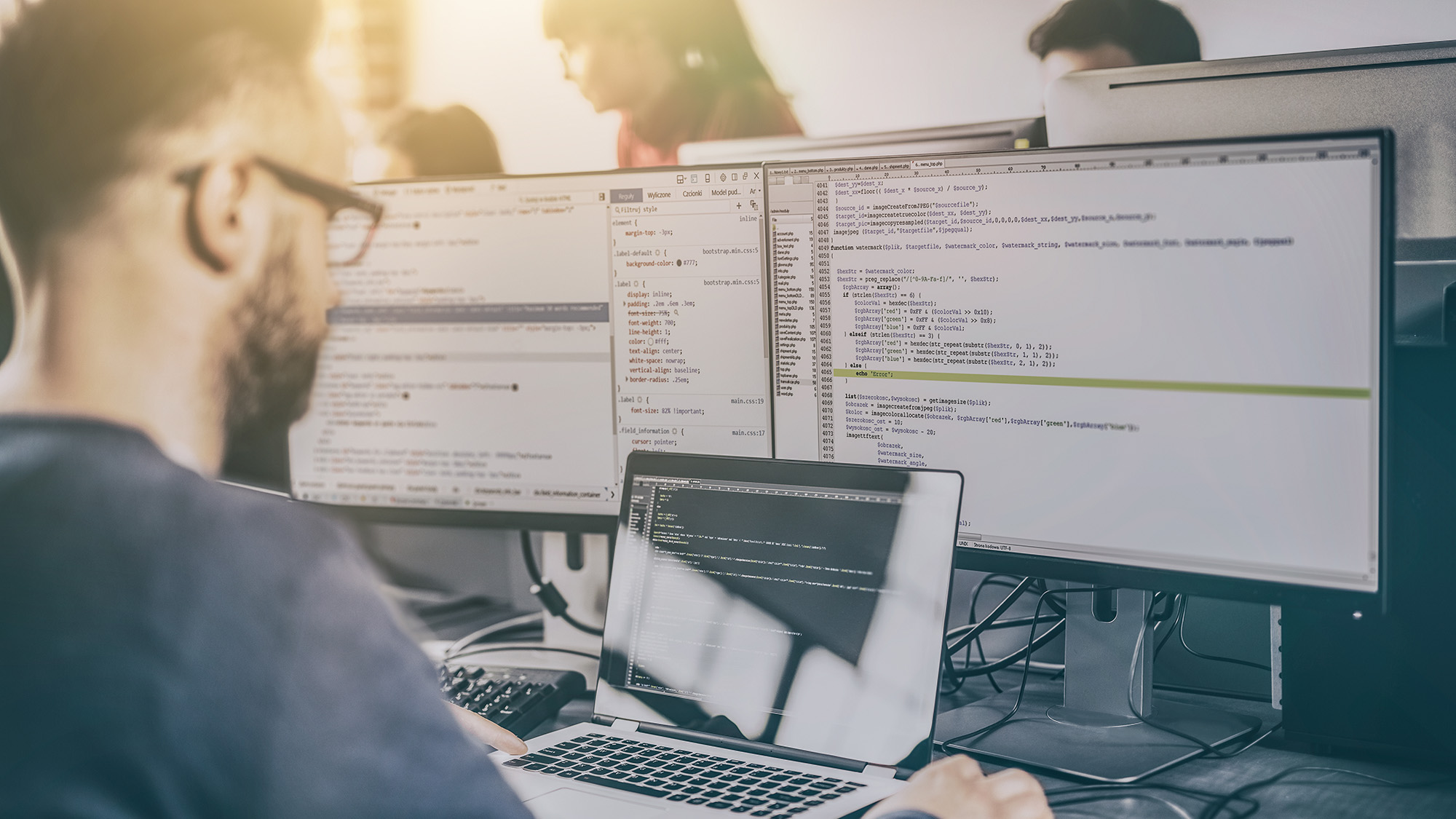 Arm launches cloud-based IoT platform
Arm launches cloud-based IoT platformNews The company is hoping to reduce the time it takes developers to get their products to market and lower the costs involved
-
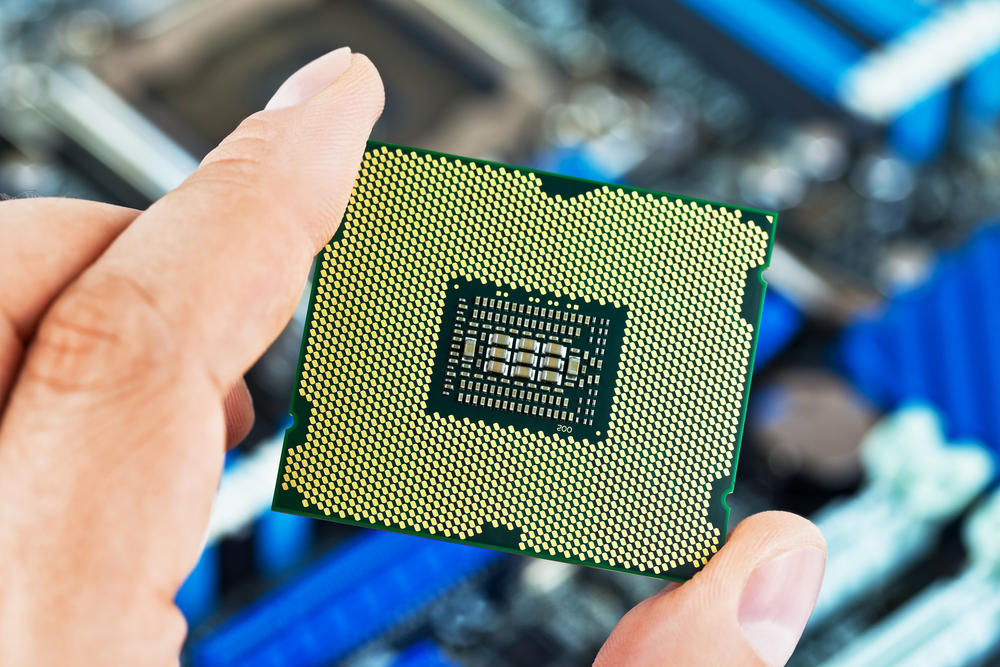 Arm launches its first new chip architecture in a decade
Arm launches its first new chip architecture in a decadeNews Arm v9 promises improved security, better AI performance, and double-digit CPU performance increases
-
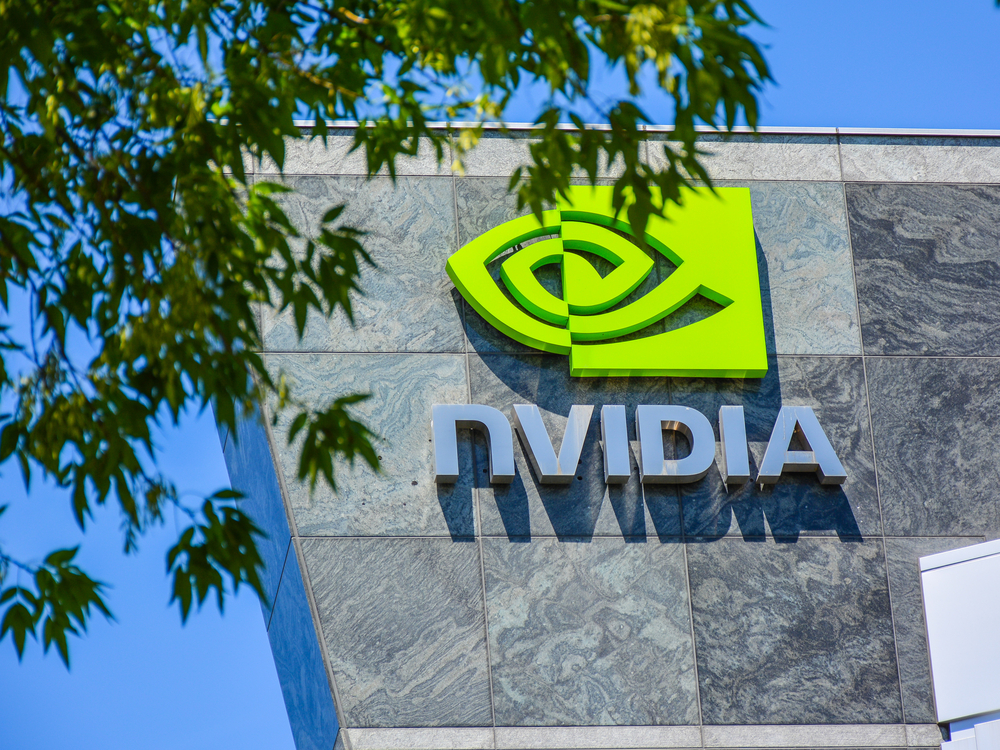 Nvidia is officially buying Arm for $40 billion
Nvidia is officially buying Arm for $40 billionNews Arm co-founder slams the deal as an "absolute disaster for Cambridge, the UK and Europe"
-
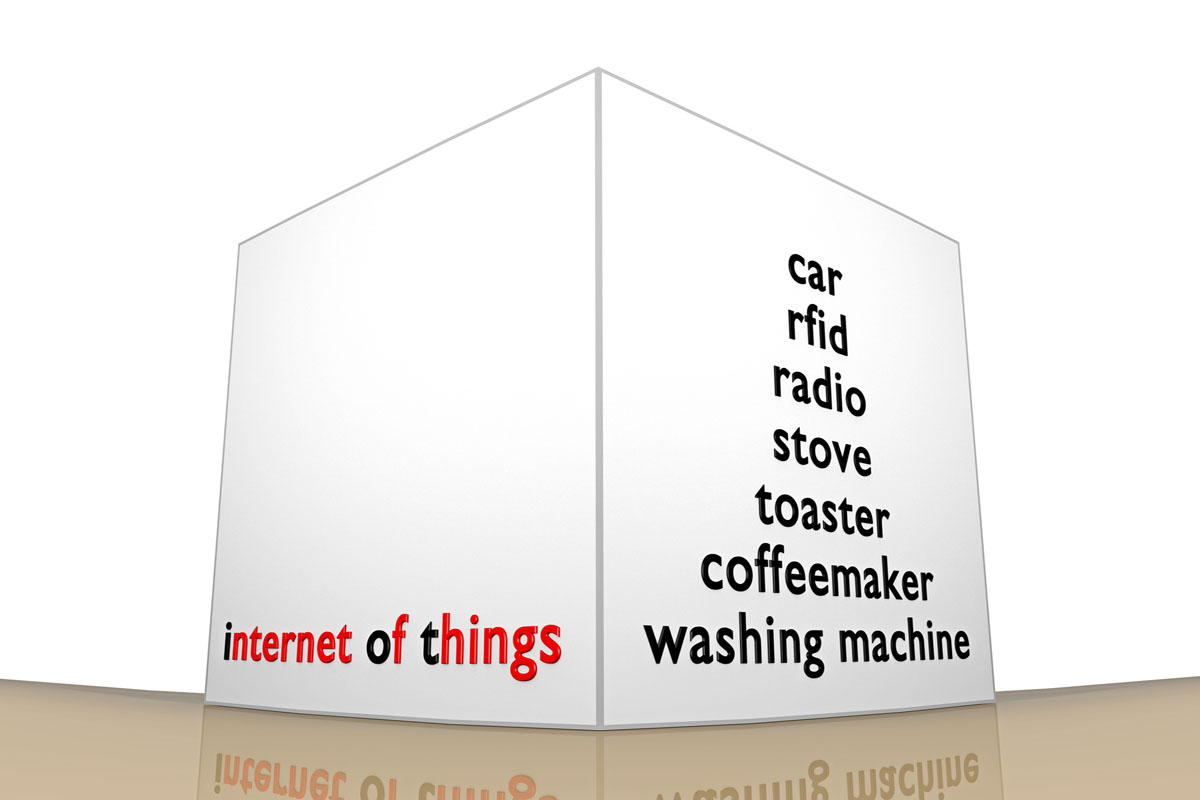 IBM and ARM collaborate on IoT Starter Kit
IBM and ARM collaborate on IoT Starter KitNews The tie-up will offer businesses a means to develop prototypes of new smart devices
-
 ARM buys Internet of Things security company Offspark
ARM buys Internet of Things security company OffsparkNews The collaboration will help ARM build its IoT platform, scheduled to launch later this year
-
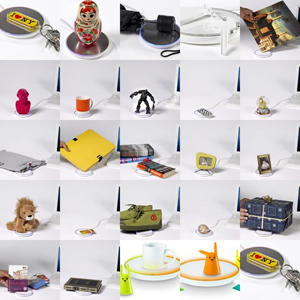 ARM unveils mbed OS for Internet of Things
ARM unveils mbed OS for Internet of ThingsNews Free OS could help developers speed up IoT products and devices, it is hoped
-
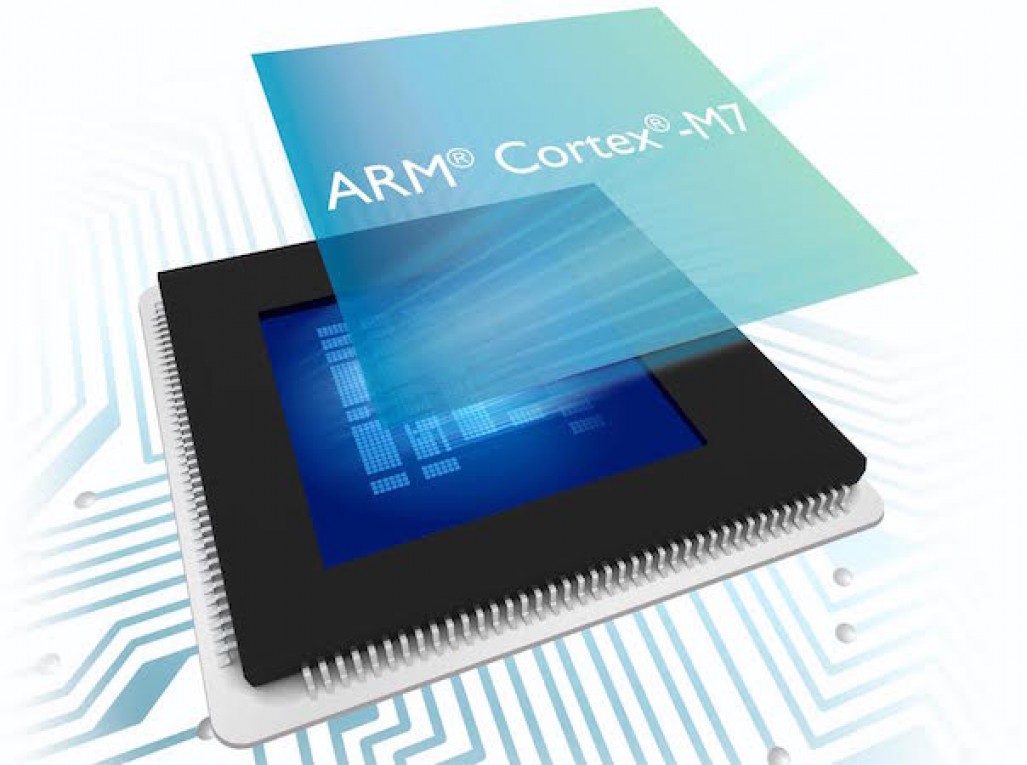 ARM launches chip to power Internet of Things devices
ARM launches chip to power Internet of Things devicesNews Cortex-M7 processor comes with double the compute power, aimed at next generation of smart devices
-
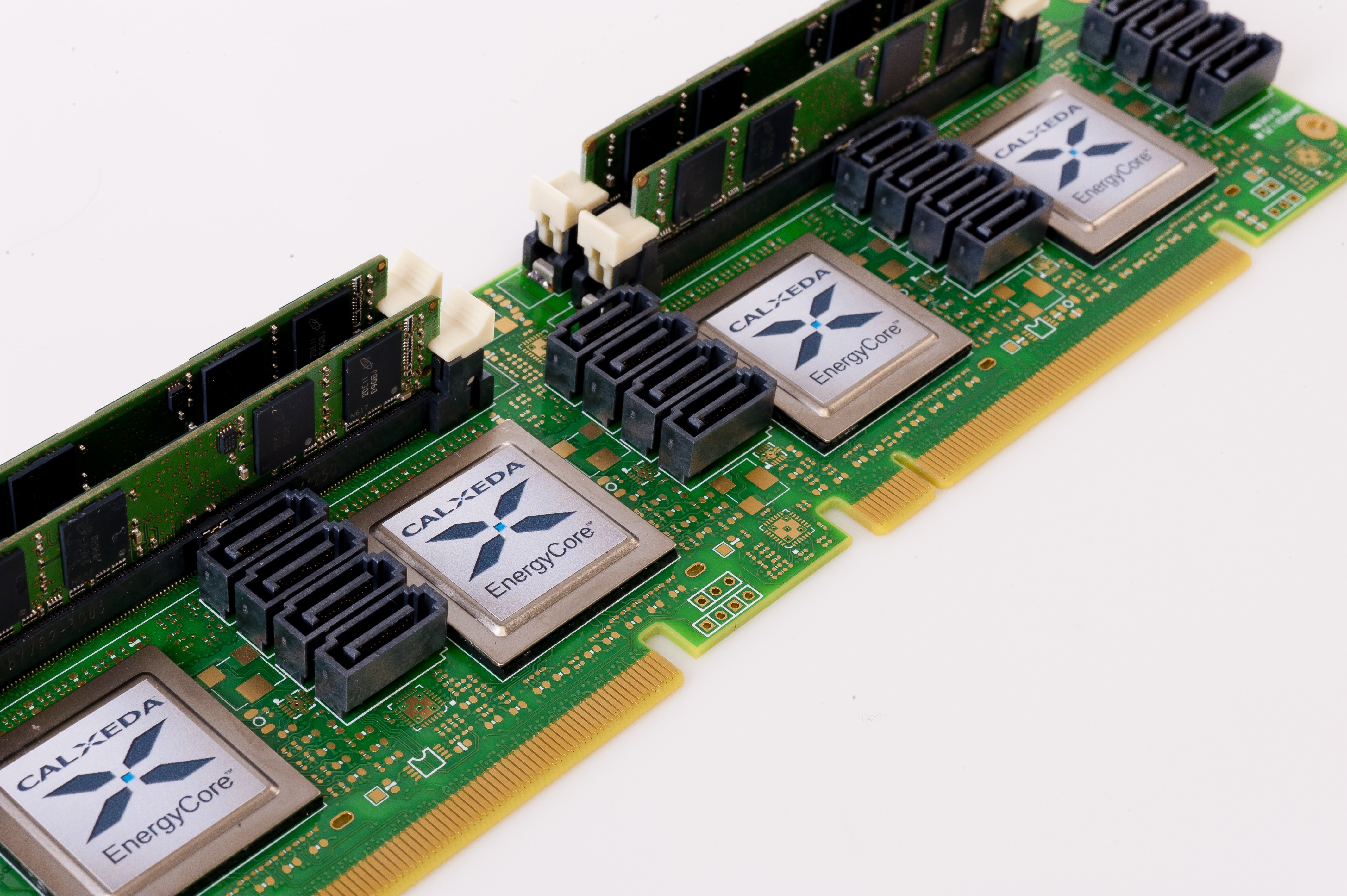 ARM server chip crew Calxeda 'shutting down'
ARM server chip crew Calxeda 'shutting down'News Calxeda runs out of money despite apparent industry interest in ARM servers.


